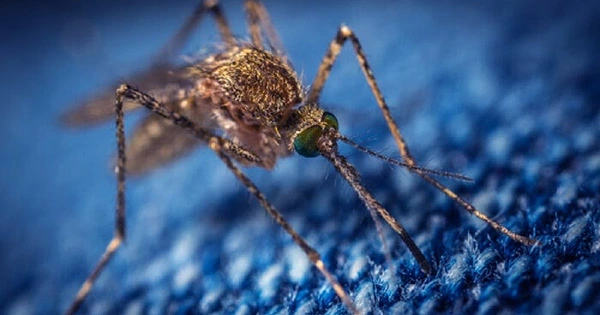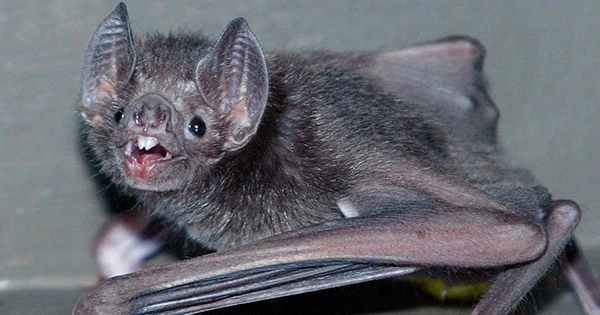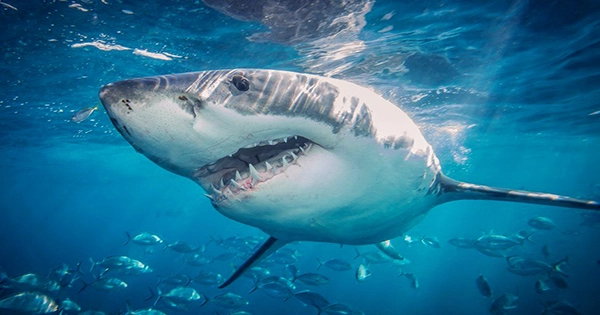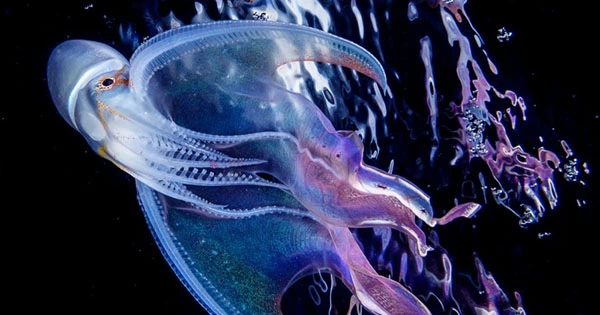The US Environmental Protection Agency (EPA) has approved the release of billions of genetically altered mosquitoes across Florida and California, with the goal of combating mosquito-borne illnesses such as Dengue fever and Zika virus. Oxitec’s technique was issued an experimental use permit after clearing a risk assessment, enabling 2.4 billion gene-tweaked mosquitos to be released in two different periods between 2022 and 2024 — over 2 billion in California and slightly under 400 million in Florida.
This new permission follows the successful completion of a pilot project in the Florida Keys in 2021. Now that the project has gotten EPA approval, applications may be forwarded to state authorities for consideration. The idea is to release billions of non-biting male Aedes aegypti mosquitos genetically engineered to express the tTAV-OX5034 protein. Although the Aedes aegypti mosquito is not native to California or Florida, it has become a major vector for illnesses such as Dengue, Chikungunya, Zika, and Yellow Fever.
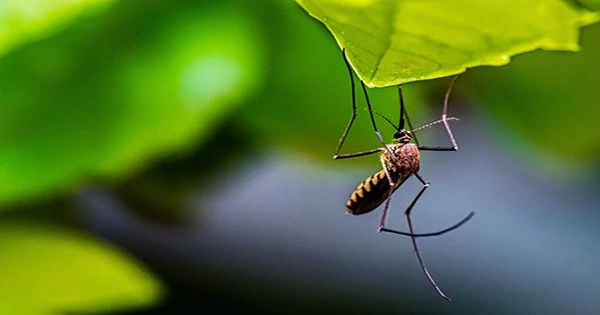
When imported male mosquitos mate with wild female mosquitos, the protein is passed on to their progeny, effectively killing female offspring before they reach maturity, lowering mosquito populations and preventing disease transmission (at least in theory). While the mosquitos and Oxitec’s technology have completed several testing and trials, the notion of releasing swarms of genetically modified bugs into the wild has not been well received. Concerned residents have objected to previous pilot experiments, with some detractors dubbing it a “Jurassic Park experiment.”
A 2019 report investigating Oxitec’s genetically engineered mosquitoes in Brazil concluded that the experiment didn’t operate as anticipated since many insects survived to maturity, potentially worsening the area’s mosquito issue. The journal’s editors, on the other hand, published an Editorial Expression of Concern about the study, stating that a number of issues with the study had been noted. The release of genetically engineered mosquitoes in California has also raised some eyebrows.
In a statement made by Friends of the Earth, Dr. Robert Gould, and President of San Francisco Bay Physicians for Social Responsibility, said, “Once released into the ecosystem, genetically altered mosquitoes cannot be recalled.” “Rather of embarking on an unregulated open-air genetic experiment, we need to take preventative measures, provide transparent data, and do adequate risk assessments.” “This experiment is unnecessary and even hazardous,” said Jaydee Hanson, Policy Director for the International Center for Technology Assessment and Center for Food Safety. “There are no locally acquired instances of dengue, yellow fever, chikungunya, or Zika in California.”
Oxitec has attempted to allay public fears by claiming that its mosquitos are a safe and long-term pest management solution that does not affect beneficial species like bees and butterflies. Nonetheless, the debate is unlikely to subside very soon. “We’re aiming to make this technology affordable and accessible, given the significant health danger that this mosquito poses across the United States.” These pilot initiatives, which will allow us to show the technology’s efficacy in a variety of climates, will be critical in achieving this goal. In a statement, Grey Frandsen, CEO of Oxitec, stated, “We look forward to getting to work this year.”
